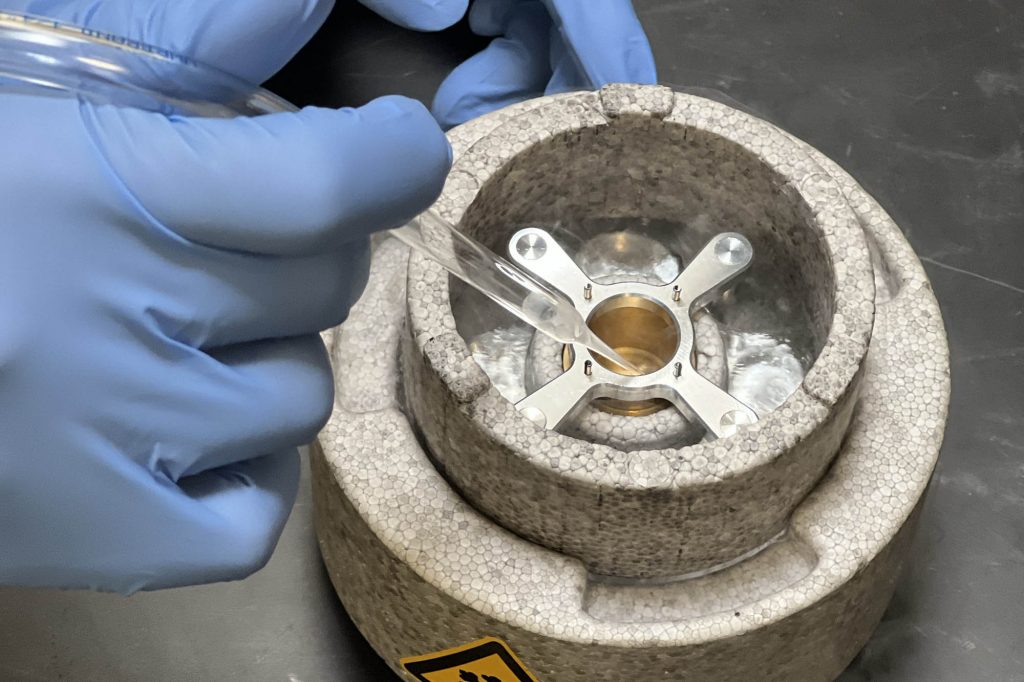Global Pharma of Navigating Challenges in Pharmaceutical Procurement
In the intricate web of pharmaceutical supply chain management, sourcing plays a pivotal role in ensuring the availability of life-saving medicines to patients around the world. However, the pharmaceutical procurement landscape is far from simple, as it is fraught with a multitude of challenges that must be deftly navigated to maintain uninterrupted access to essential medications. One of the foremost challenges in pharmaceutical sourcing is the delicate balance between cost efficiency and quality assurance. As pharmaceutical companies aim to streamline expenses, they often seek cheaper sources of raw materials and manufacturing. However, compromising on quality can have catastrophic consequences, endangering patient safety and eroding trust in the industry. Thus, procurement professionals must meticulously vet suppliers, assess their adherence to stringent quality standards, and establish robust quality control mechanisms.

The global nature of the pharmaceutical industry introduces another layer of complexity. Cross-border regulations, varying compliance standards, and geopolitical uncertainties can disrupt supply chains unexpectedly. The ongoing COVID-19 pandemic serves as a stark reminder of how quickly such disruptions can escalate, causing shortages of critical medicines. To tackle this challenge, companies need agile sourcing strategies that incorporate diversified suppliers, geographically dispersed manufacturing, and contingency plans to swiftly adapt to changing circumstances. Intellectual property concerns further complicate pharmaceutical procurement. The industry heavily relies on patented formulas, making it susceptible to intellectual property infringement. Navigating these intricacies demands meticulous contract negotiations, confidentiality agreements, and vigilant monitoring to protect proprietary information and prevent unauthorized production of counterfeit medications.
In the modern era, sustainability has emerged as a crucial consideration in procurement practices. Pharmaceutical companies are under mounting pressure to minimize their environmental footprint and promote ethical sourcing. This means sourcing from suppliers that uphold eco-friendly practices and adhere to fair labor standards and visit now. While this may enhance a company’s reputation and attract conscientious consumers, it introduces the challenge of identifying and collaborating with suppliers who align with these values. Furthermore, the rapid pace of technological advancement poses both opportunities and challenges in pharmaceutical sourcing. Automation, data analytics, and artificial intelligence can streamline procurement processes, enhance supplier relationship management, and forecast demand more accurately.
However, implementing these technologies requires substantial investments, staff training, and cybersecurity measures to safeguard sensitive information from cyber threats. In conclusion, navigating challenges in pharmaceutical procurement is a multifaceted endeavor that requires careful consideration of cost, quality, regulations, intellectual property, sustainability, and technological advancements. To succeed, pharmaceutical companies and procurement professionals must adopt a holistic approach that prioritizes patient safety, business continuity, and ethical practices. By fostering transparent collaboration between suppliers, embracing innovative solutions, and remaining adaptable in the face of uncertainties, the pharmaceutical industry can surmount the challenges of global sourcing and continue to deliver critical medications to those in need.